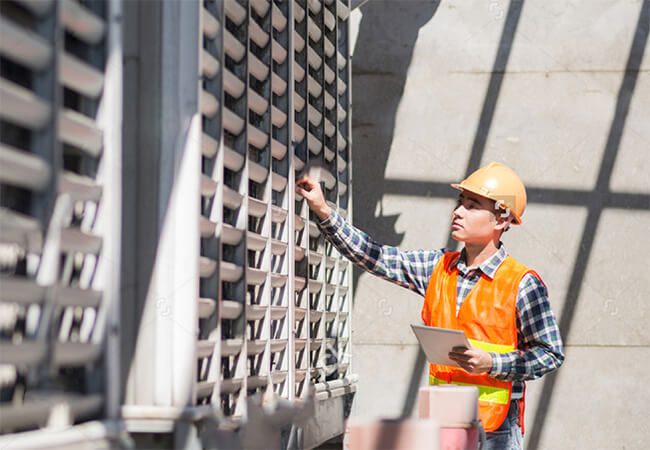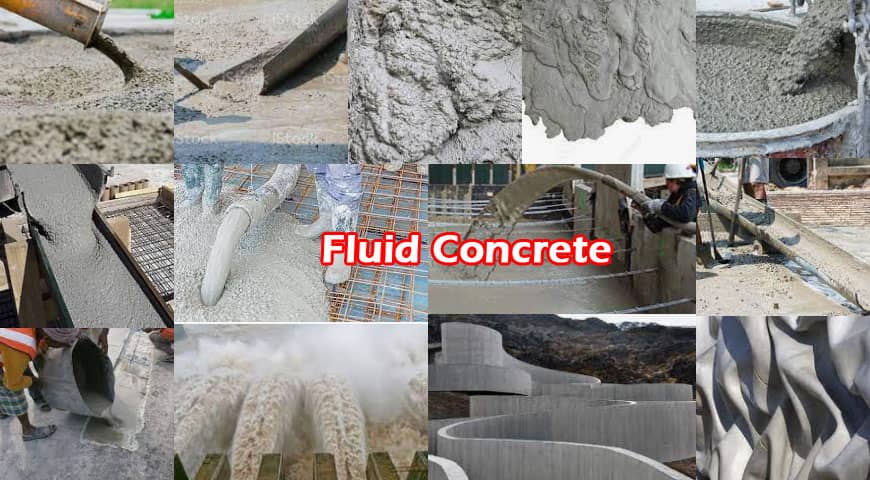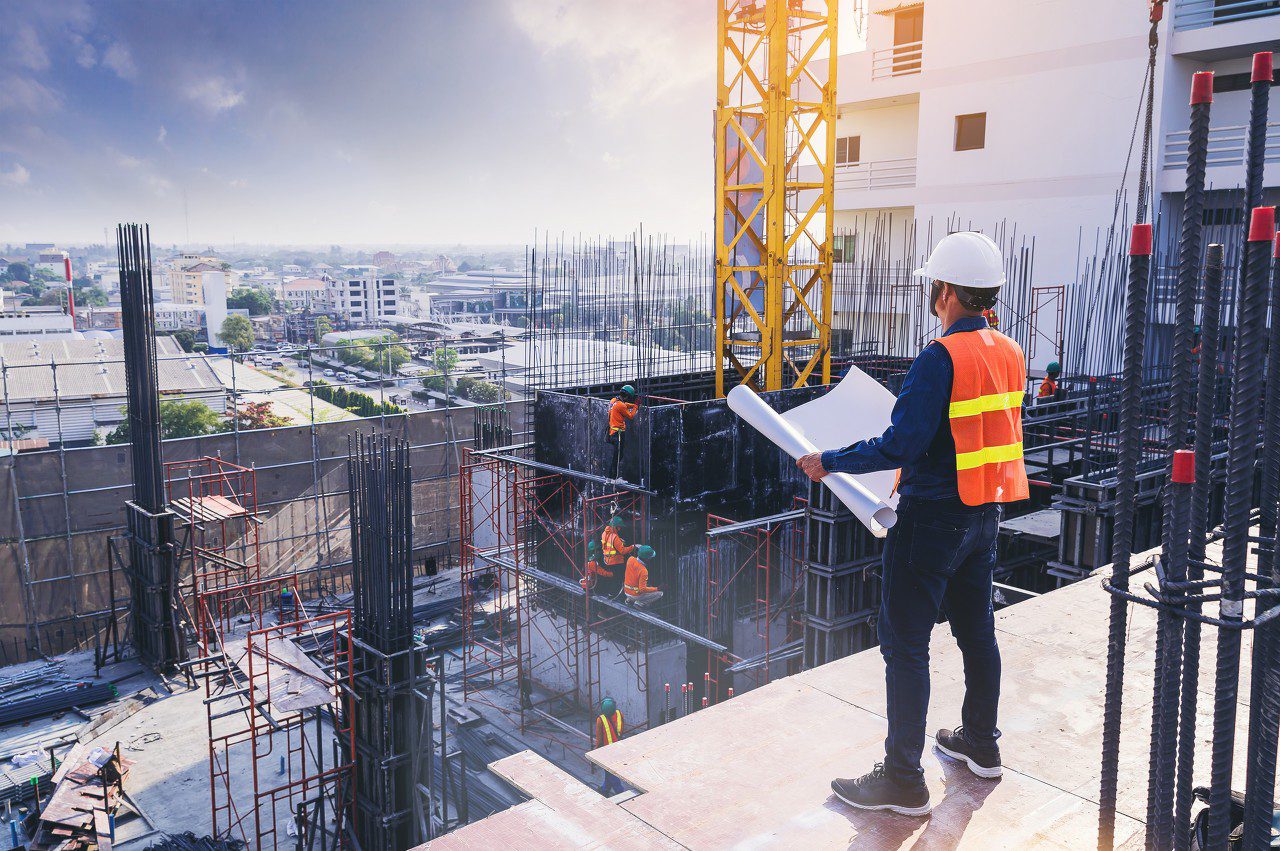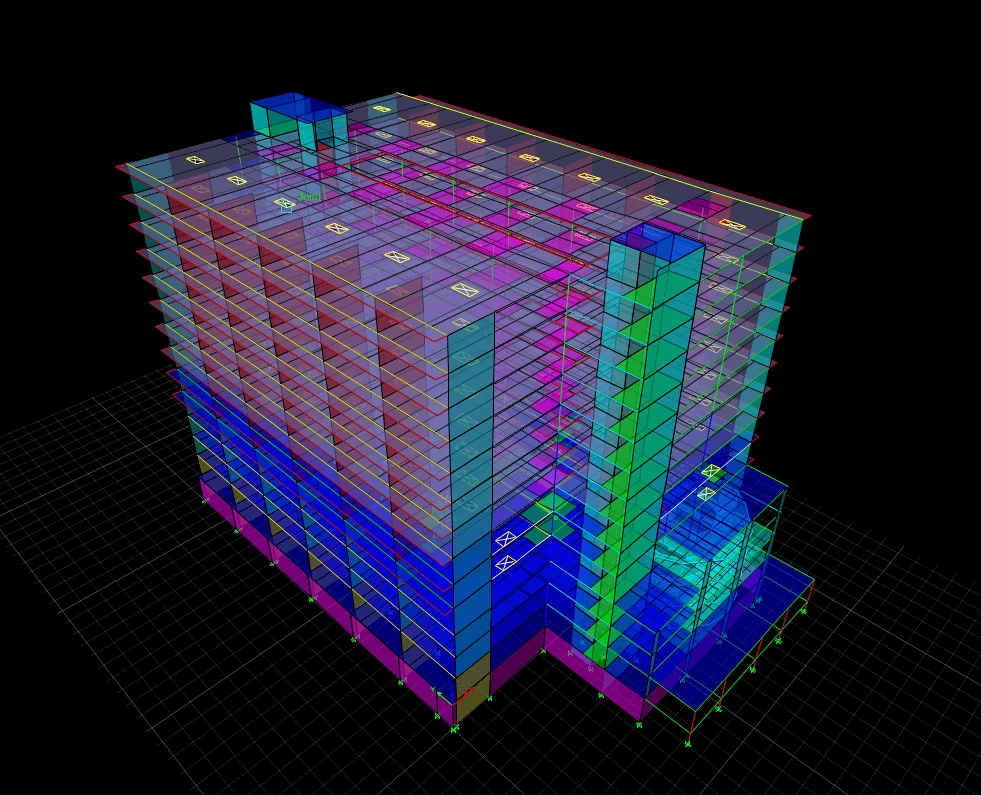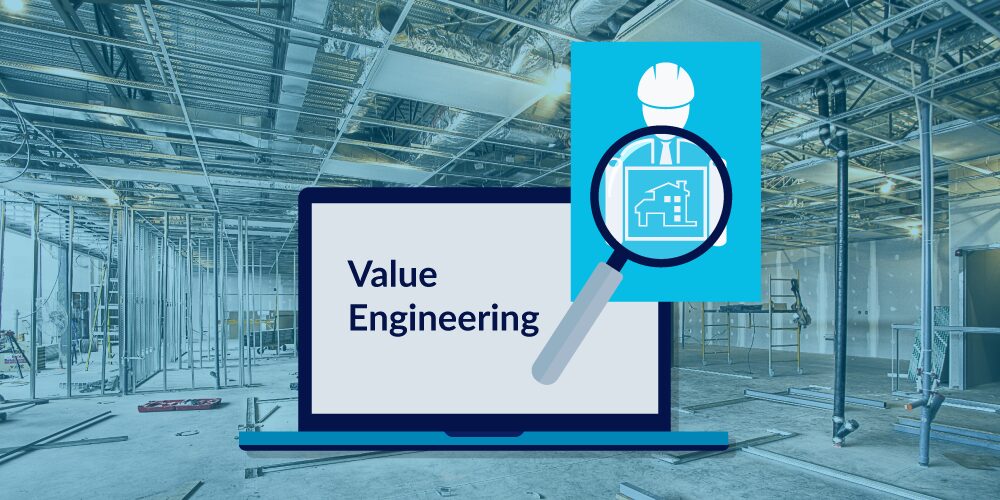The structural evaluation process is a critical step in assessing the safety, integrity, andperformance of buildings, bridges, and other structures. It involves a systematic andthorough examination of the structure to determine its condition, identify potential issues,and make informed decisions regarding maintenance, repairs, or upgrades. Here’s a general outline of the structural evaluation process:The following circumstances […]
At construction sites, vibrations brought on by construction activities might present seriousconcerns. Vibrations can harm equipment, endanger the health and safety of siteemployees, and have an adverse effect on the quality of the work done or the final product.Business owners must be aware of these dangers to safeguard themselves from potentiallegal actions and penalties. Construction […]
For all kinds of hard surfaces, Fluid Concrete is a cement-based, self-levelling floor coating. Itoffers beautiful and durable surfaces for practical concrete finishes and is especially suitablefor interior applications.It serves as a substitute for polished concrete and is ideal for a contemporary, minimalistdesign because it may be used with ceramic, wood, and underfloor heating. Fluid […]
Rework is done when a construction component doesn’t satisfy client expectations or whenthe finished work doesn’t follow the terms of the real contract. The product is changed toassure conformance in either circumstance. But it’s possible that the requirement forrework won’t be identified until some sort of quality control check is carried out, from whichthe nature […]
Including a clear quality control method in a building project is the greatest way toguarantee client satisfaction. Strict process compliance leads to better work delivery, whichreduces rework and increases profits for the company. Here are some tips to enhance construction quality: Hire Skilled and Experienced Workers Ensure that your workforce, including contractors, subcontractors, and laborers, […]
The construction industry is a vast and multifaceted sector that encompasses the planning,design, financing, construction, renovation, and maintenance of buildings, infrastructure,and various civil engineering projects. It is a cornerstone of economic development, playinga pivotal role in shaping the built environment and supporting various industries.Let’s clarify what we mean when we talk about the building business […]
Numerous architectural elements have a significant impact on a building’s ability towithstand earthquakes. Architectural characteristics of a building include its general size,shape, and geometry as well as the way that earthquake forces are transmitted to theground. Each of these architectural elements has a big impact on how well the buildingholds up during earthquakes.The best an […]
Two of the various areas of the construction industry are the commercial and residentialconstruction sectors. Both have their own distinct goals, building methods, andmanagement strategies. Residential building is concerned with homes, whereas commercialconstruction deals with the built environment for institutions that are focused oncommerce.Understanding the difference between the commercial construction and residentialconstruction segments helps to […]
A structure’s design is a crucial and risky procedure. At each stage of the procedure, anengineer must take loads, strains, and forces into account. An engineer must also considerthe surroundings of the construction and how it will interact with other nearby structures. Here are some key considerations engineers typically consider: StrengthYou must guarantee that your […]
What does building value engineering entail?Value engineering is a collection of methodical tools and innovative approaches used by abuilding project team to address budget, quality, and scope restrictions. Value engineeringrefers to approaches that can be used in a building project to reduce costs, improvefunctional performance, and provide high-quality work. What stage of a building project […]


